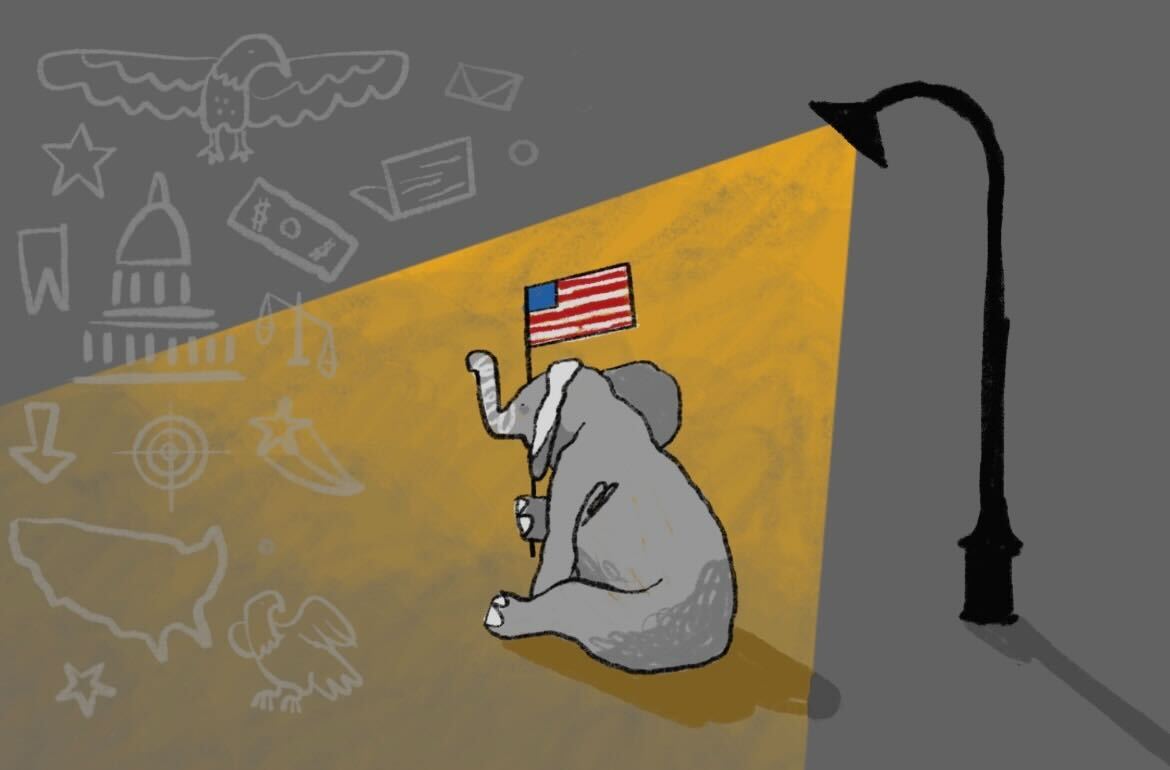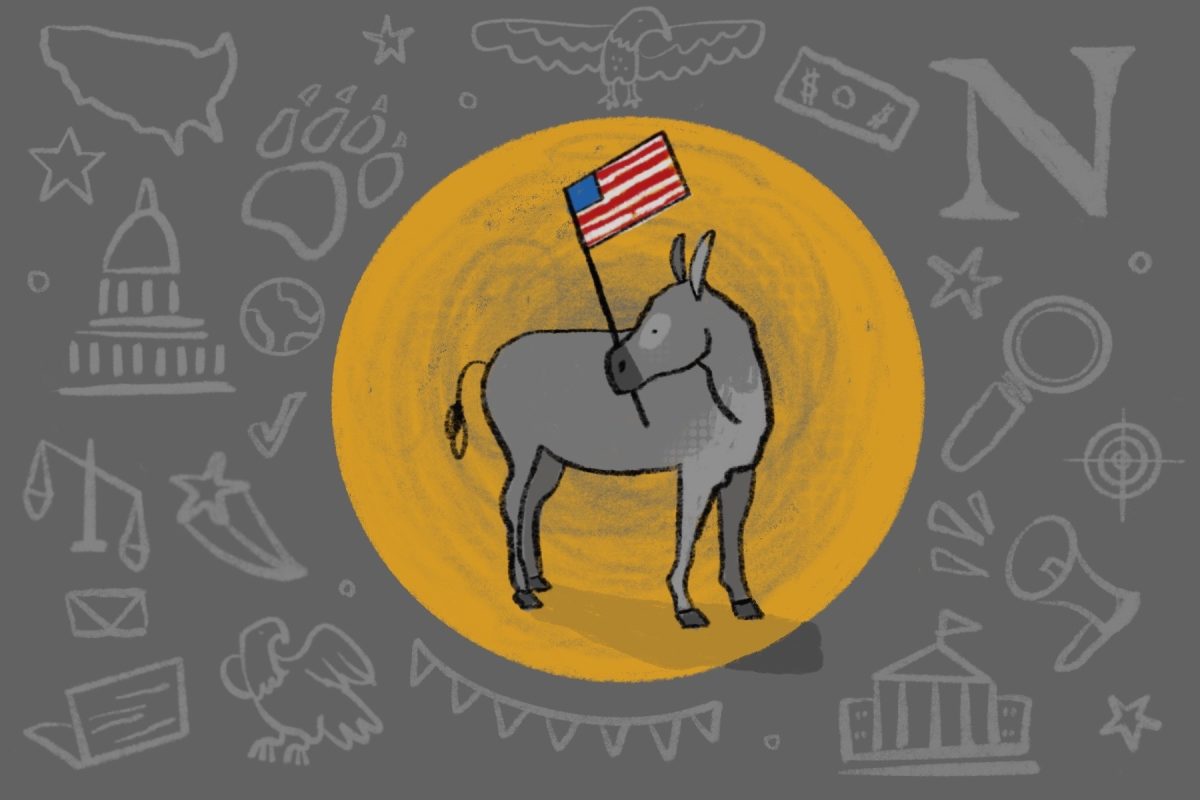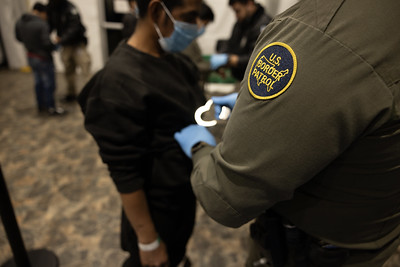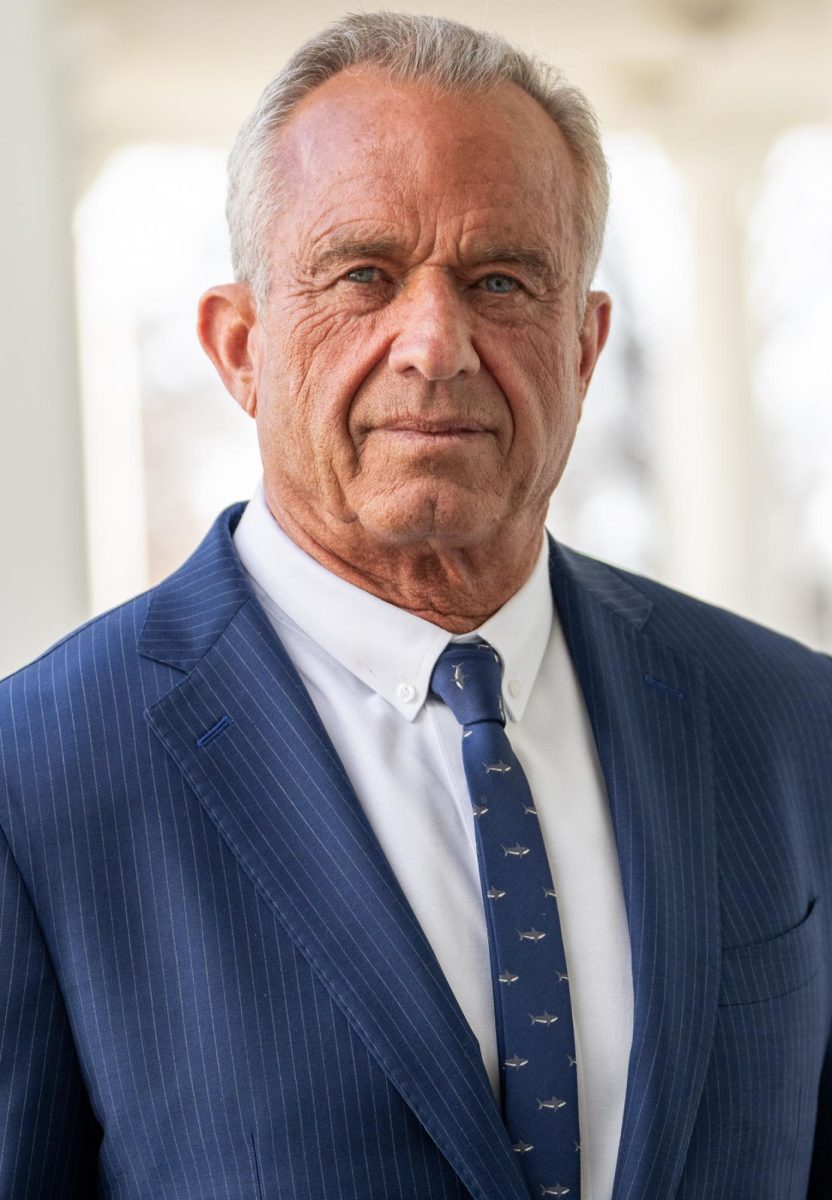I have been thinking a lot about women’s rights lately – about human rights in general, actually.
In places where human rights are generally well respected, people tend to take them for granted and often underestimate their importance. Unfortunately, most of the time human rights aren’t understood – until they are violated.
Last Wednesday, I attended a “Gender Matter Series” panel on campus that included the three editors of the book “Women, War, and Violence: Personal Perspectives and Global Activism.” The editors discussed real-life stories of victims and activists whose writings are the foundation of the 2010 book. Their insights were both engaging and eye-opening, and related to international news that has occurred since January.
A few weeks ago I watched a “2011 World Protests” video on YouTube, which summarizes many of the uprisings that have occurred in the world – from countries like Canada, Cuba and Ireland, to Honduras, Italy, India and Turkey – since the beginning of the year. In the past three months, people have protested against gas prices, unemployment, dictatorships, wage cuts, minority rights, higher education fees, corrupt politicians, restrictions on freedom of speech and the unfulfilled promise of free and fair elections, to name a few.
Each protest is at a different stage of development, but every human being on this planet understands the treatment they deserve, hence the transformations unfolding on the planet now, said Robin Chandler, an editor of the book and an associate professor of African American Studies at Northeastern, during the panel’s discussion.
“We want to be able to speak to our governors … whether they listen or not,” she said.
Coincidentally, Sunday marked the beginning of Human Rights Week at Northeastern, which consists of 16 campus events. The former president of Invisible Children at NU, Kay Beach founded Human Rights Week three years ago. This year’s events end Sunday with “Silence Broken: Legacies of Repression & Resistance,” a one-day community-building educational forum with interactive workshops in the Curry Student Center.
“It has really been a week to collaborate between any student organization that has a social activist position,” said Julia Chambers, chair for Human Rights Week, in a phone interview.
The event is sponsored by the Northeastern University School of Law and 12 student groups, including Engineers Without Borders, GlobeMed, Human Rights Caucus, NUSTAND, Peace through Play, the Progressive Student Alliance and Students for Justice in Palestine.
In September 2000, world leaders came together at the United Nations headquarters in New York to adopt the UN Millennium Declaration and set a series of time-bound targets – with a deadline of 2015 – that have become known as the Millennium Development Goals (MDGs), according to the UN’s website. This year, the sponsors of Human Rights Week are dedicated to supporting the eight MDGs, which focus on poverty, education, gender equality, child mortality, maternal health, HIV/AIDS and other diseases, environmental sustainability and global partnerships.
“Our main goal for the week, because there are so many different types of events, is to use each event to educate people a little bit about what the goals are and how we can play a role in achieving them,” said Chambers, a middler international business major.
Each day is associated with a different MDG goal, and every student group involved was assigned an event for the goal that is related to their work, she said. In past years, the themes for Human Rights Week focused on issues such as safety and health.
“I believe that motivation and collaboration are the basis of all progress,” Chambers said. “We can really make a change in whatever we want. … We need to work together to see change.”
With the world watching as uprisings continue in the Middle East and elsewhere in the world, “we’ll see what people are made of,” Chandler said during the panel discussion last week.
“These problems are huge, they’re complex, they’re inconceivable,” she said. “But if everyone is doing something on some small scale, it will happen. It might take 100 years, but it will happen.”
– Michele Richinick can be reached at [email protected].









